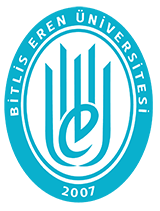| dc.description.abstract | In recent years, together with the increasing population, there has been a rapid growth in the construction sector in
order to meet housing needs. This growth led to the rapid development of the cement industry. In the process of
increasing industrialization, biotechnological processes are becoming more important. The most important
alternative to the cement industry is the microbial bio-calcification process. In this process, cement-like structures
are produced by bacteria at room temperature conditions. Microbial bio-calcification processes have attracted the
interest of researchers especially in the process of self-healing in recent years as an alternative and nature-friendly
solution to the cement production processes that are being produced at high temperatures. This study is an
optimization of an innovative, environmentally friendly and biotechnological method for the construction and
cement industry. Different production surfaces was used for sand hardening with Sporosarcina pasteurii such as
agar plates, filter paper and polyurethane support materials. The effect of different CaCl2 concentrations (25 mM,
50 mM and 100 mM) and sand thickness (1 mm, 5 mm and 10 mm) was also tested. CaCO3 was determined by
FTIR and measured by chemical analysis. In addition, the hardness and integrity of the samples were observed.
Agar and polyurethane support materials were found to be more effective in terms of support material for sand
hardening. Increased thickness reduced the hardness and 50 mM CaCl2 concentration was found to be optimum
for these types of processes. This study shows the effects of sand hardness on innovative, environmentally friendly
and biotechnological approach optimization. | tr_TR |














